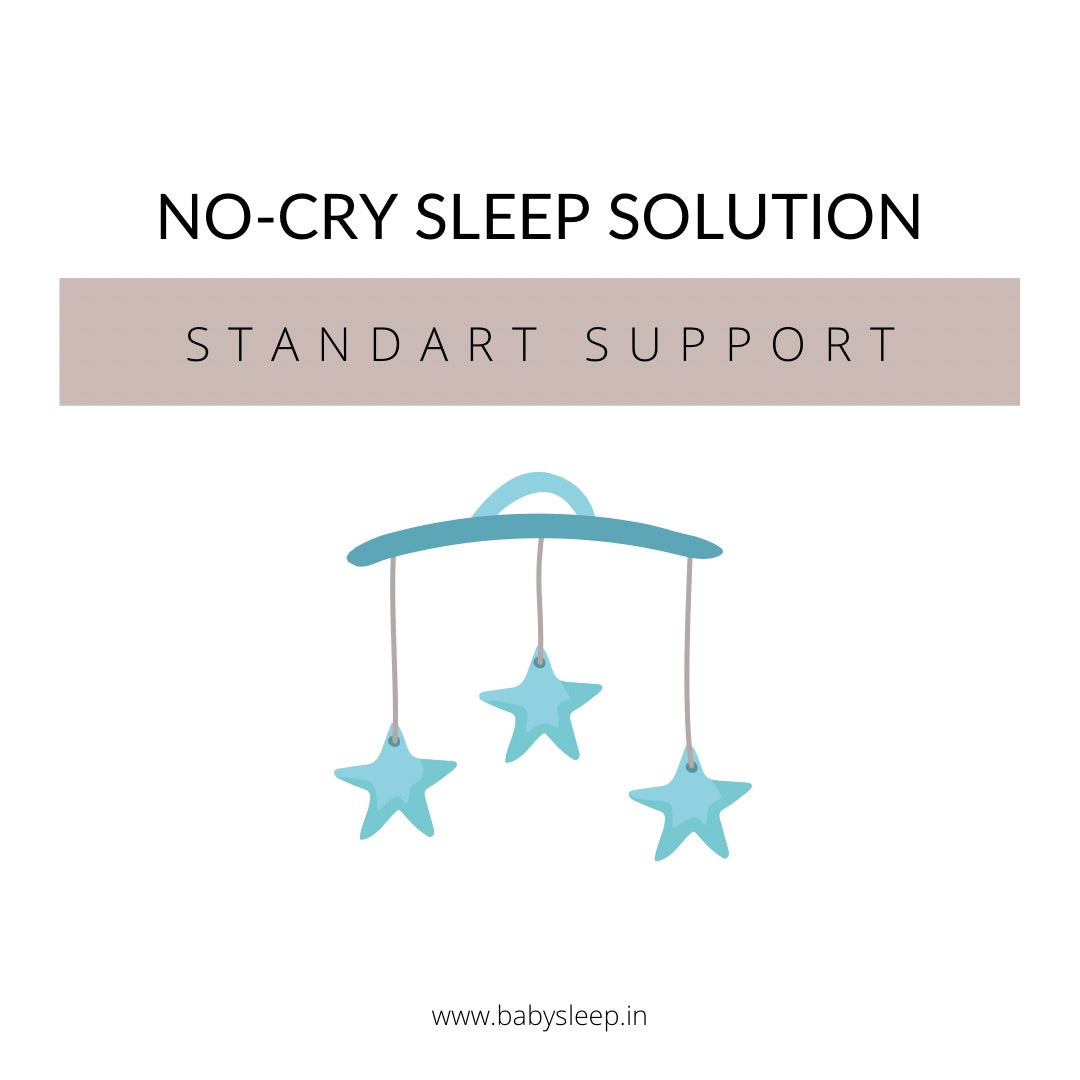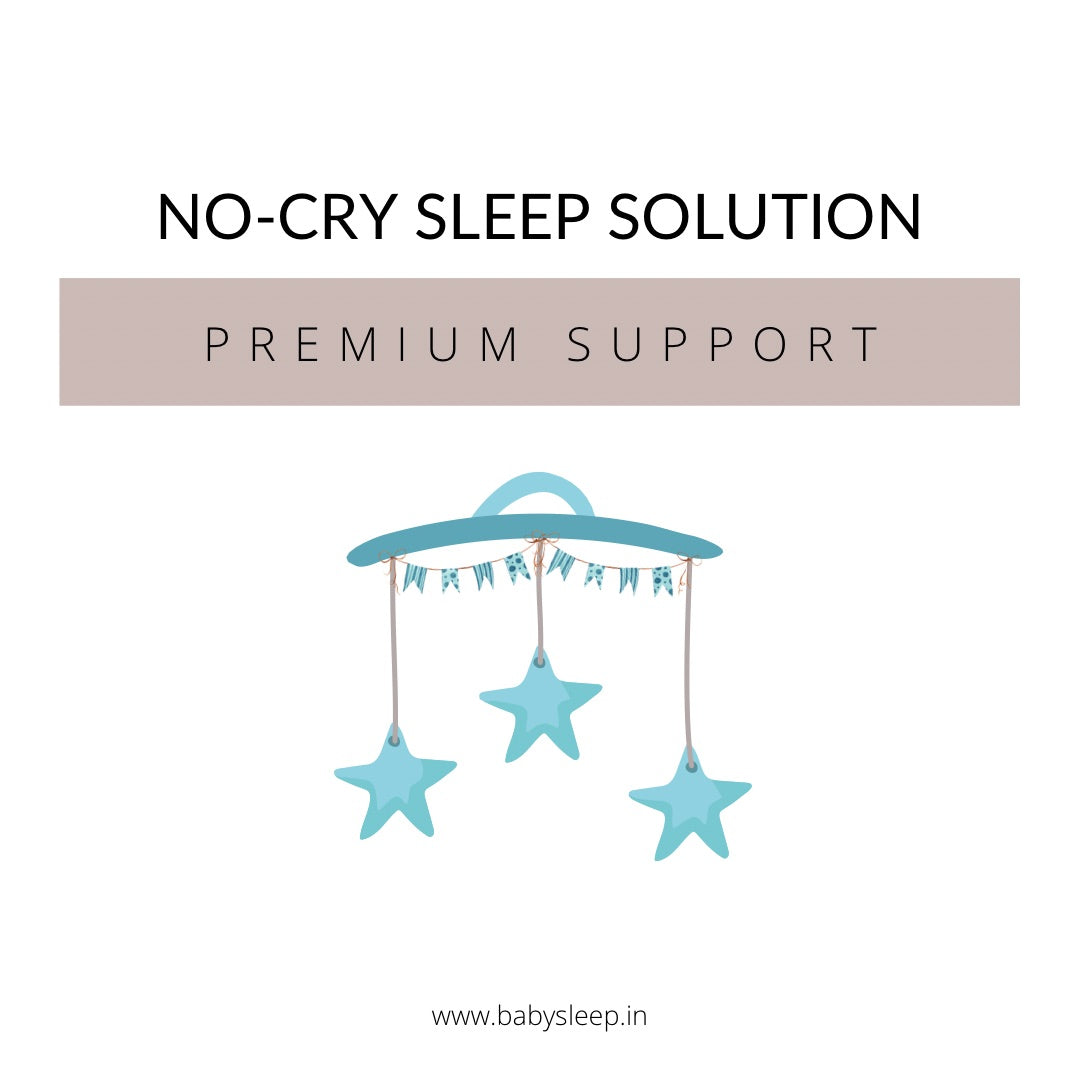WHAT IS SILENT REFLUX:
Is a type of reflux in which stomach contents flow backward to the back of the throat and nasal passages.
SYMPTOMS OF SILENT REFLUX:
In babies and young children, typical signs include:
• constant cry
• difficulty feeding
• spitting up
• breathing problems, such as wheezing, “noisy” breathing, or pauses in breathing (apnea)
• gagging
• nasal congestion
• chronic coughing
• chronic respiratory conditions (such as bronchitis) and ear infections
• difficulty breathing
• failure of in time development, which may be diagnosed by a doctor if your baby isn’t growing and gaining weight at the expected rate for their age
Note:
• Babies with silent reflux may not spit up, which can make it difficult to identify the cause of their distress.
• Older children may describe something that feels like a lump in their throat and complain of a bitter taste in their mouth.
• You may also notice hoarseness in your child’s voice.
CAUSES OF SILENT REFLUX:
• Babies have the muscles at each end of the food pipe, that open and close to allow for the passage of fluid and food.
As they grow, the muscles become more mature and coordinated, keeping stomach contents where they belong.
• Breastfeeding mother diet is commonly the main factor of silent reflux of baby. If mom eating fry/deep fry/oily/acidic/sugary/diary/spicy food, most probably this will come through her breast milk to baby. Formula feed babies facing a silent reflux less.
• Babies also spend a lot of time on their backs, especially before they learn to roll over, which may happen between 4 to 6 months of age.
Lying on the back means that babies don’t have the benefit of gravity to help keep food in the stomach.
• The mostly-liquid diet of babies can also contribute to reflux. Liquids are easier to regurgitate than solid food.
SOLUTIONS:
1. The main point is to modifying your diet if you’re breastfeeding. This can help reduce your child’s exposure to certain foods they may be allergic to.
The AAP recommends removing:
• dairy and animal milk
• eggs
• oily/fry/deep fry food, junk food
• acidic food: tomato, citrus fruits
• sugary food and sweets
• complete removal of spicy food
Or include formula feed at times you want to it sometimes from my list and avoid breastfeeding for 5-6 hours.
2. Formula feed child: of child facing silent reflux (very rarely for formula feed babies), do switch to a hydrolyzed protein or amino-acid based formula.
3. Bottle feed child (ff or bm): hold the bottle at an angle that allows the nipple to stay full of milk. This will help your baby to gulp less air. Swallowing air can increase intestinal pressure and lead to reflux.
Try different nipples to see which one gives your baby the best seal around their mouth.
4. Use pillow for baby to sleeps, for head to be upper then stomach.
5. If possible, keep your baby upright for 30 minutes after feeding.
6. Burp your baby several times during a feeding.
7. Give your baby a smaller volume of food, but more frequently. For example, if you’re feeding your baby 4 ounces of formula or breast milk every four hours, trying offering 2 ounces every two hours.
WHEN WE NEED DOCTOR:
If your baby facing next
• feeding difficulties
• gaining weight difficulties or weight loss
• breathing difficulties (for example, you hear wheezing, notice labored breathing, or your baby’s lips are turning blue)
• frequent cough
• persistent ear pain (you might notice irritability and tugging on the ears in a baby)
CAUSES OF NOT SOLVED SILENT REFLUX:
Most children will outgrow silent reflux by 1 y.o. Children, who got medical help on time, have no lasting effects.
But if delicate throat and nasal tissue is frequently exposed to stomach acid and medical help wasn’t given on time, it can cause some long-term problems:
• pneumonia
• chronic laryngitis
• constant cough


